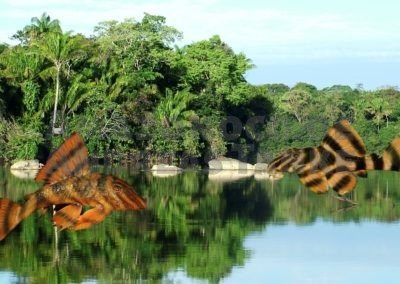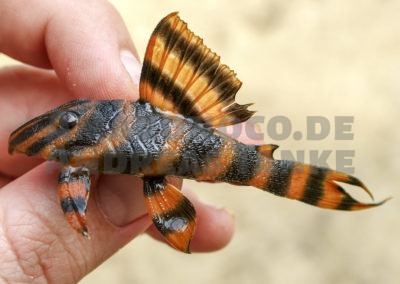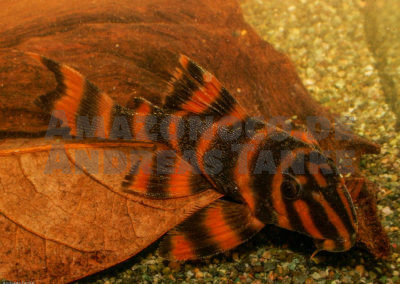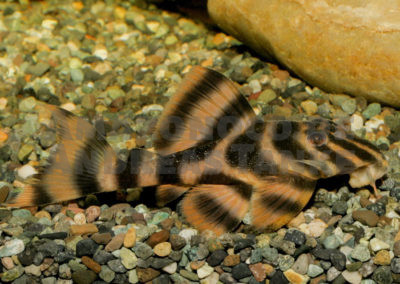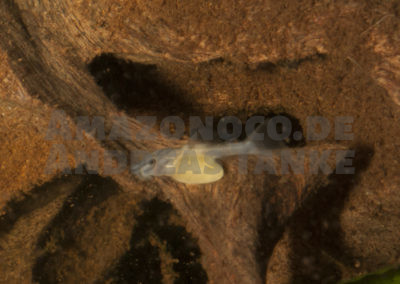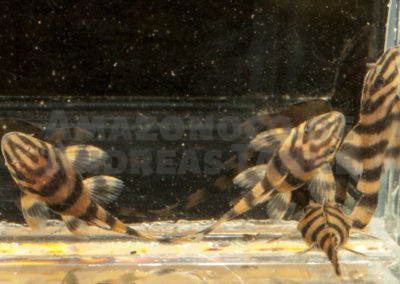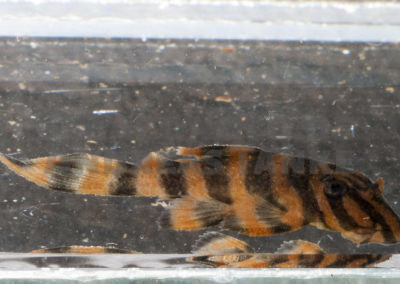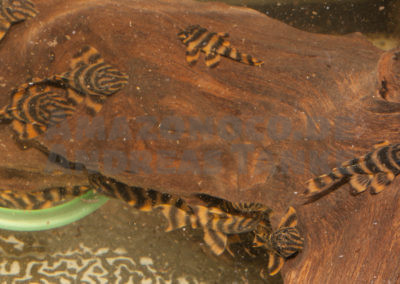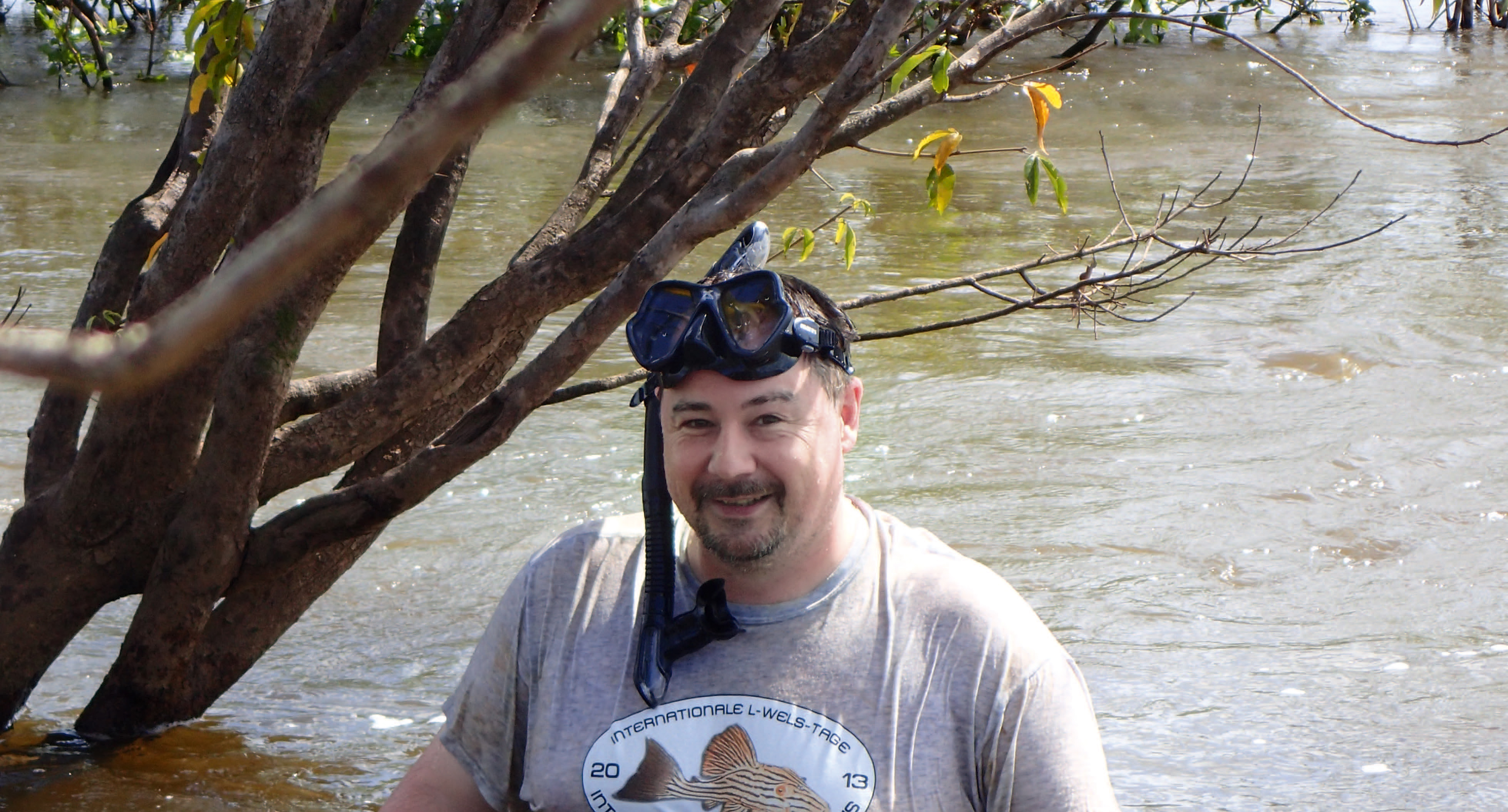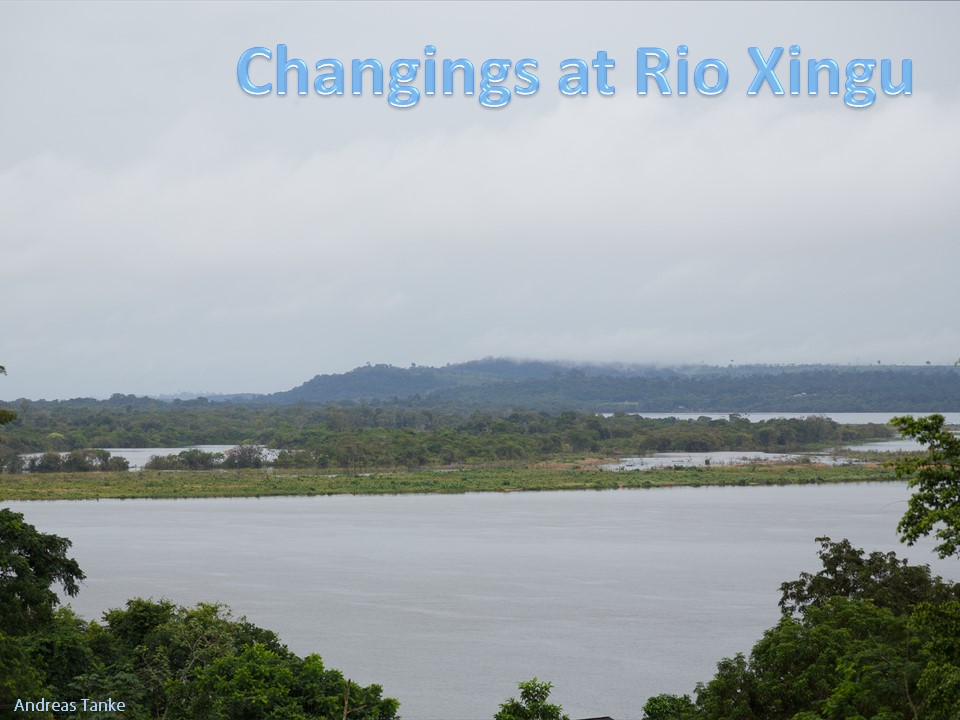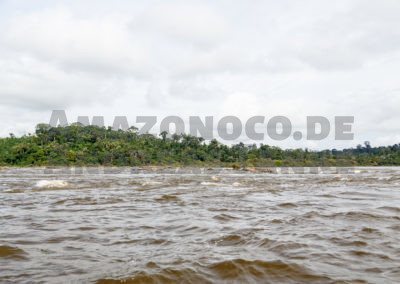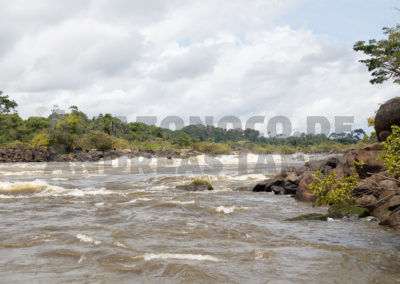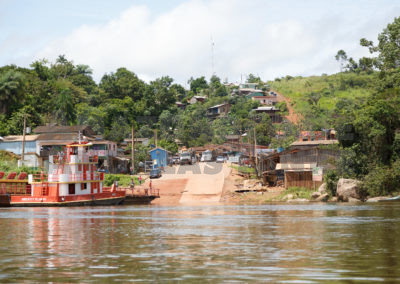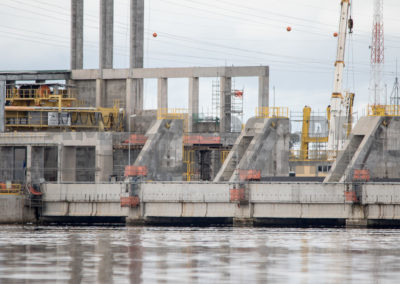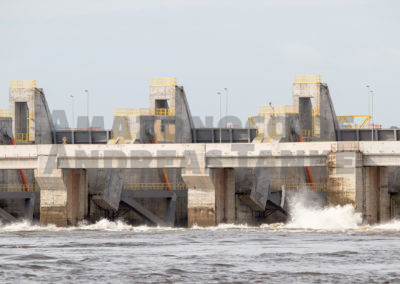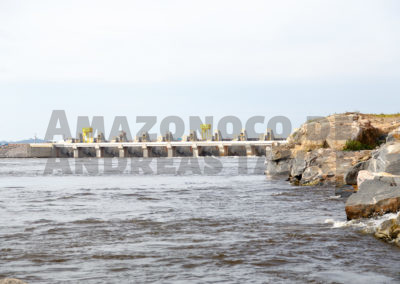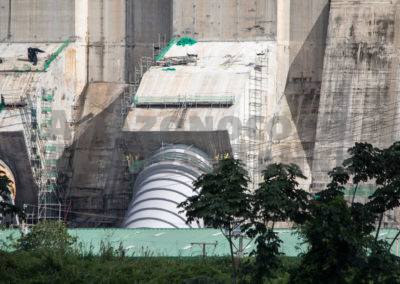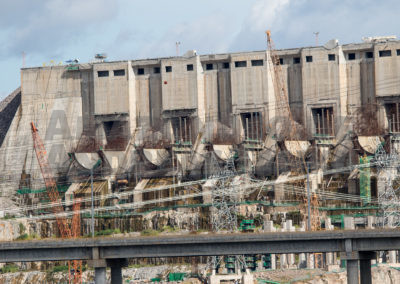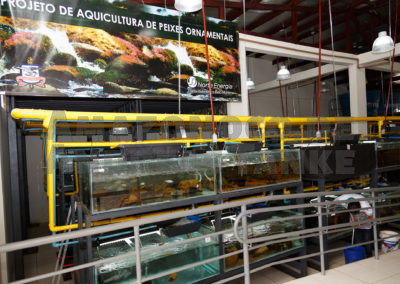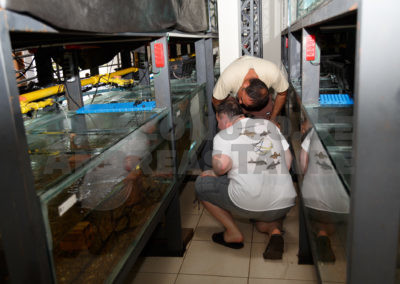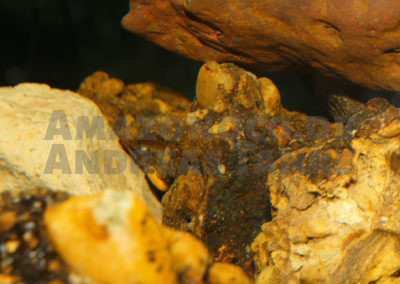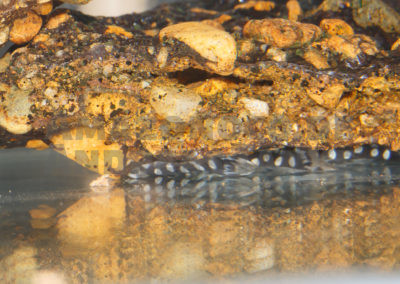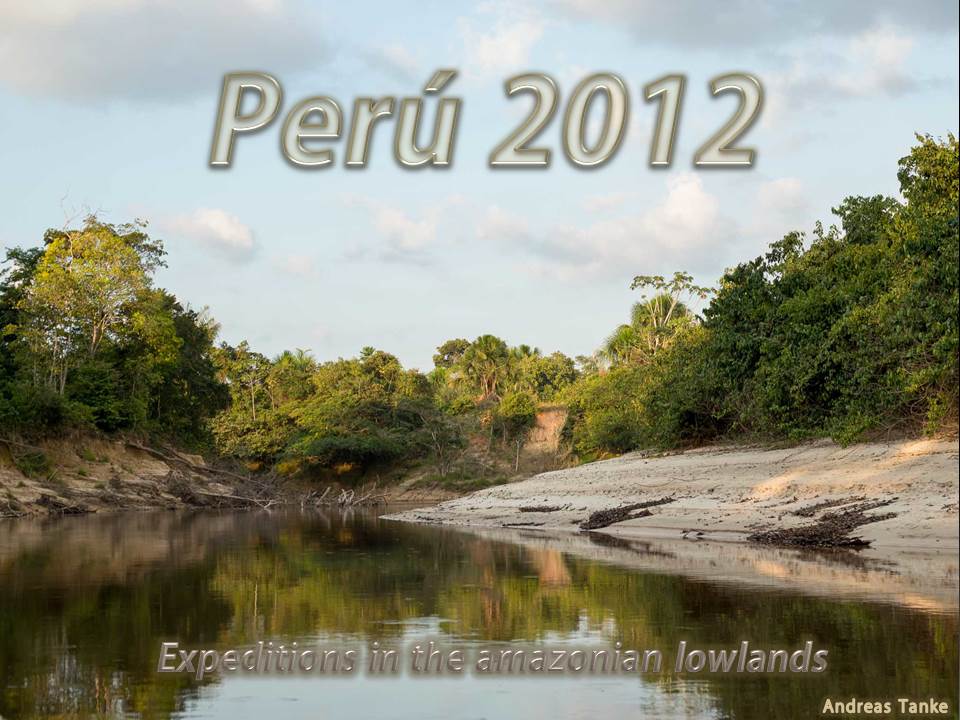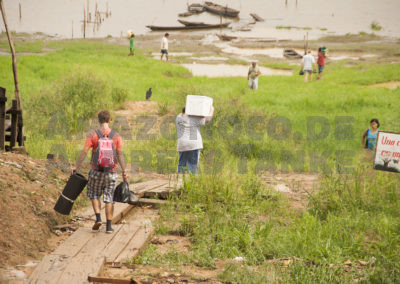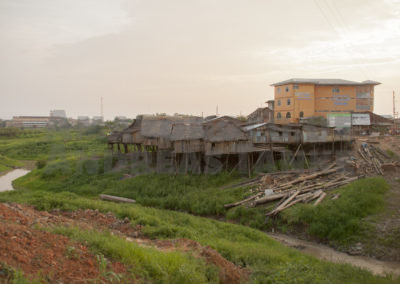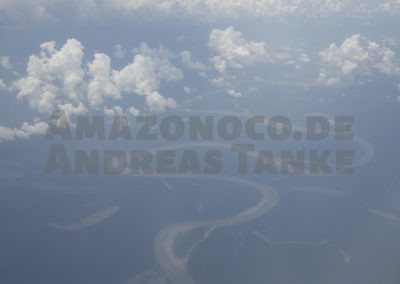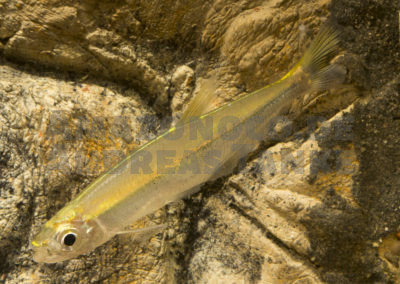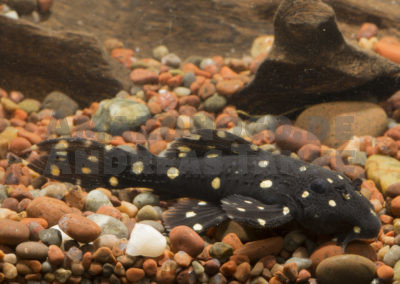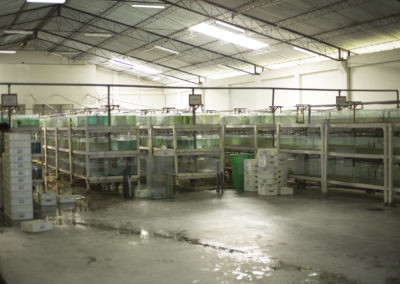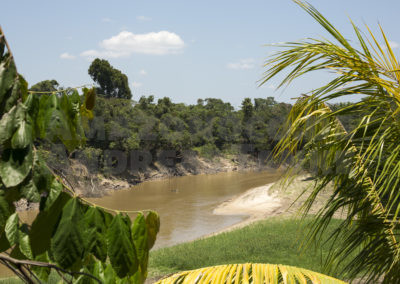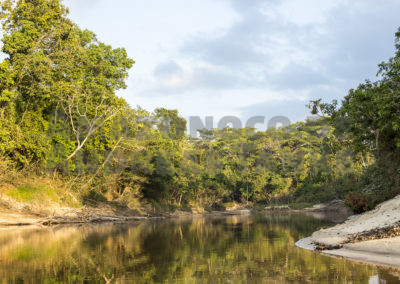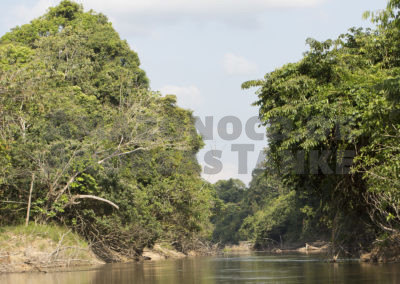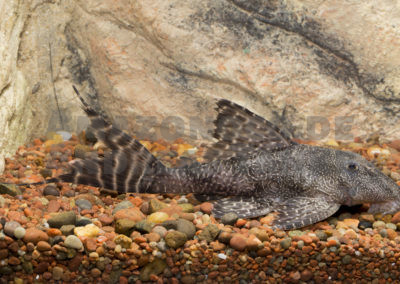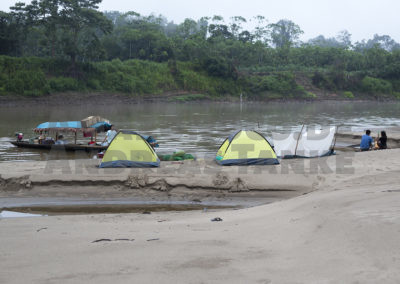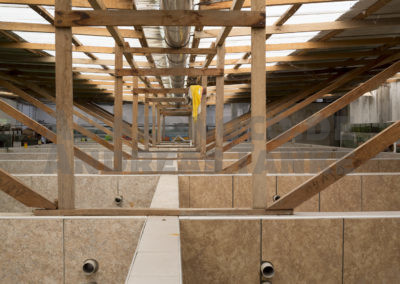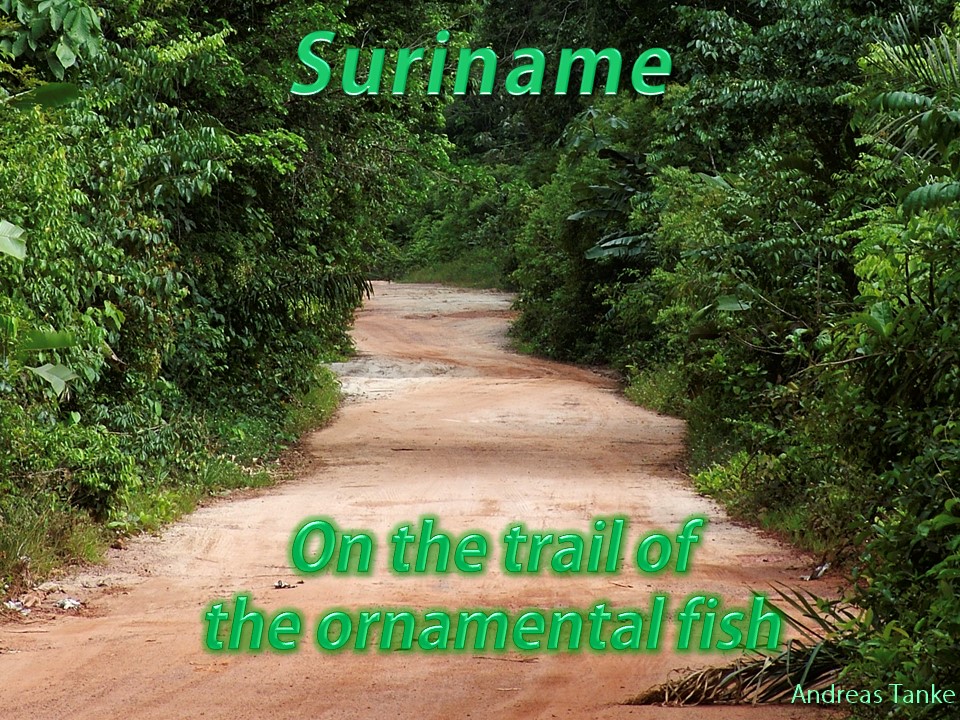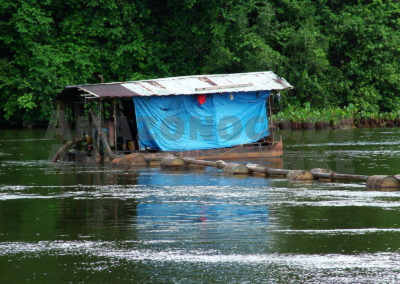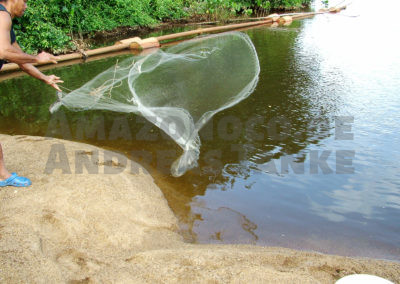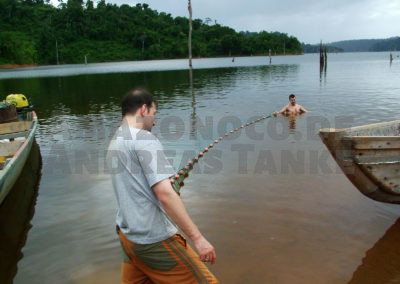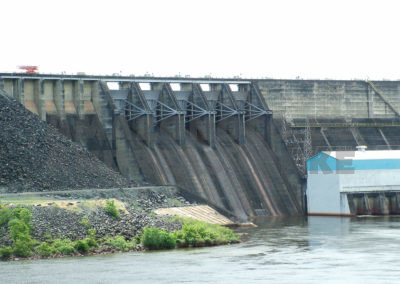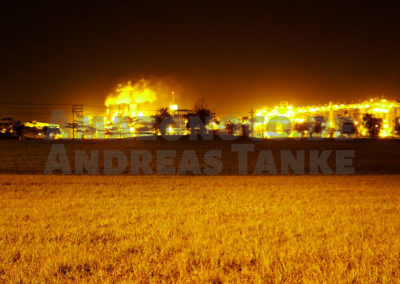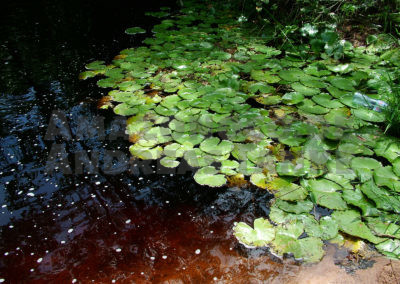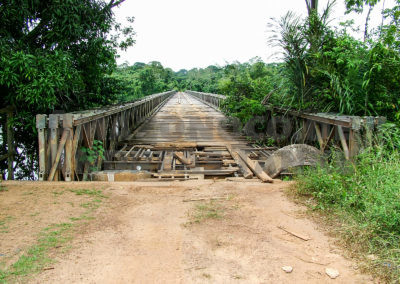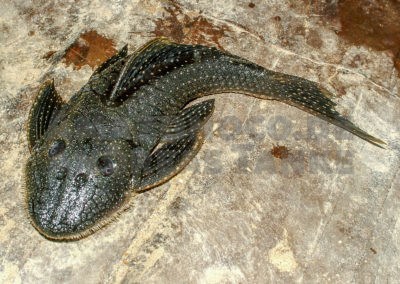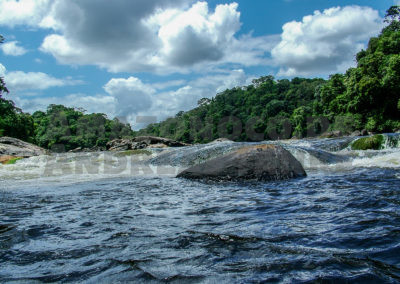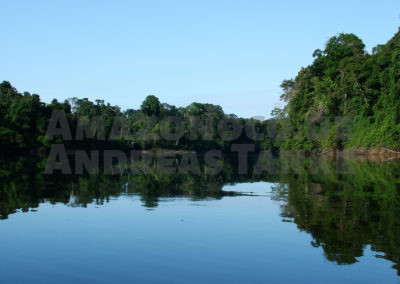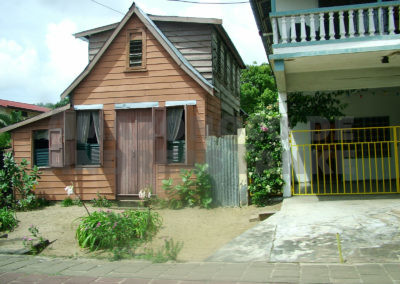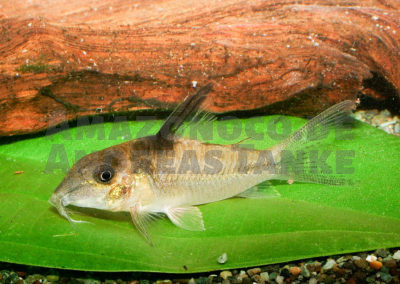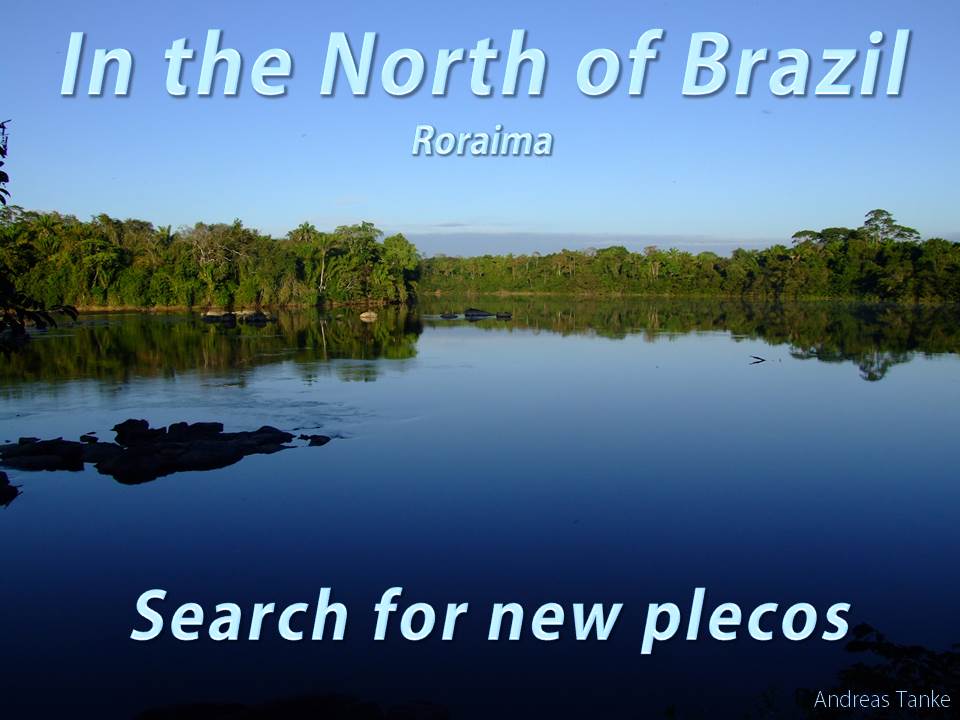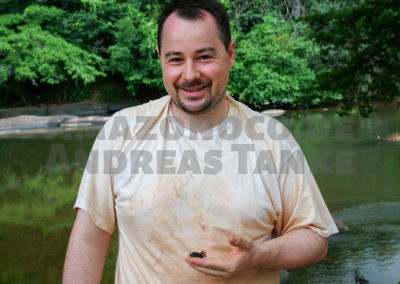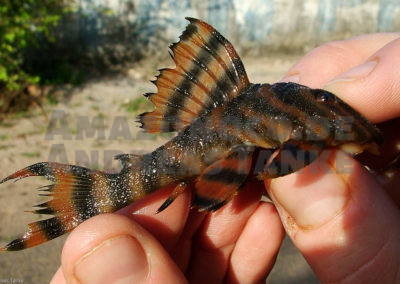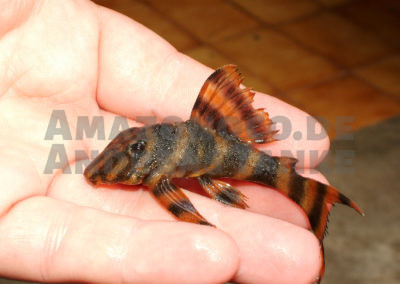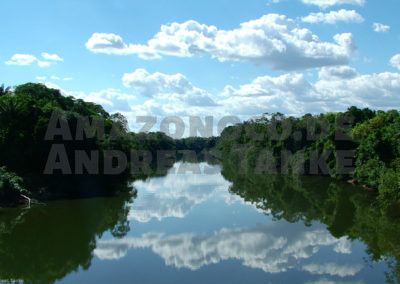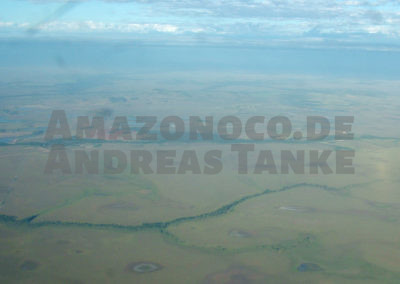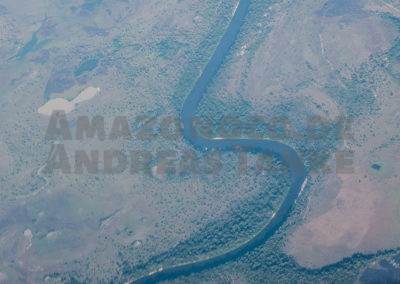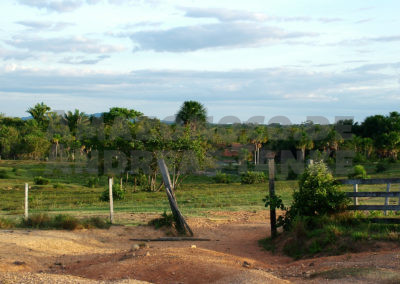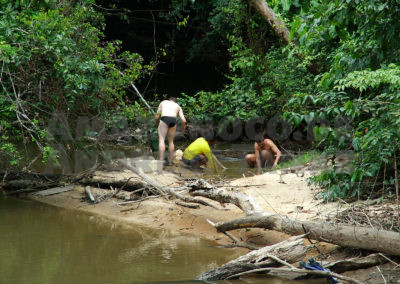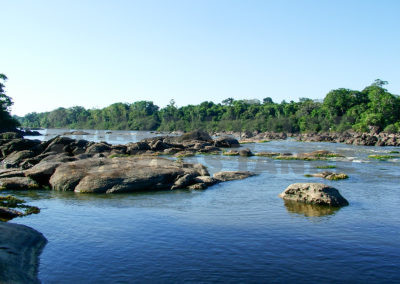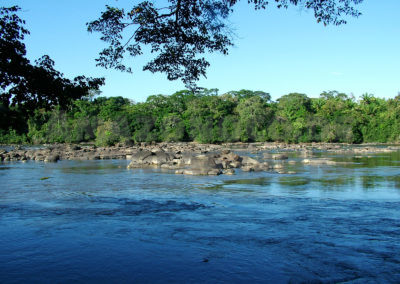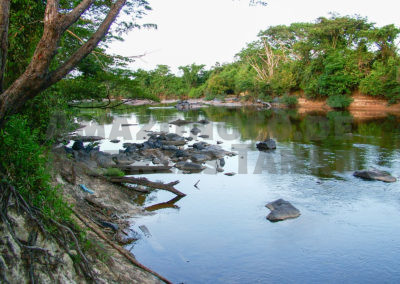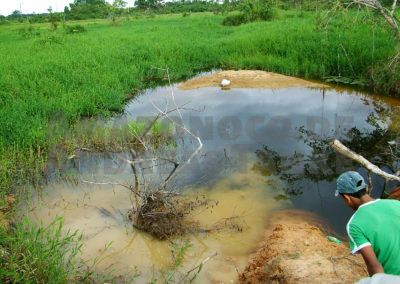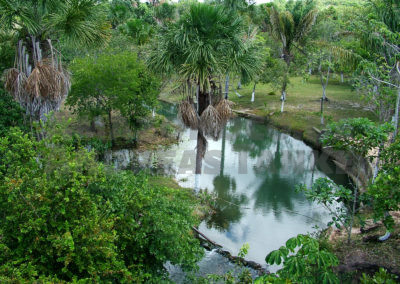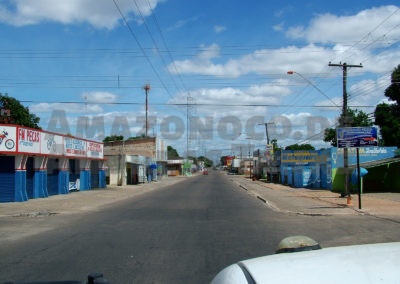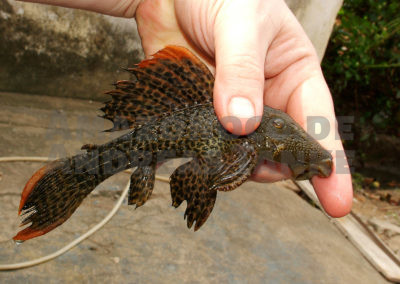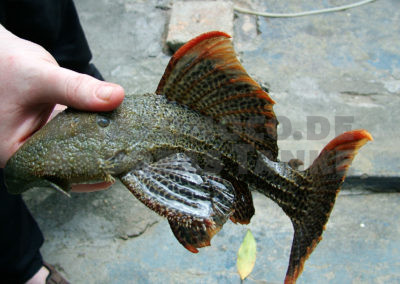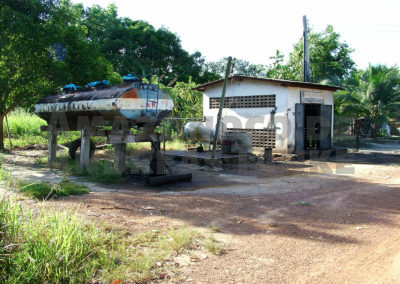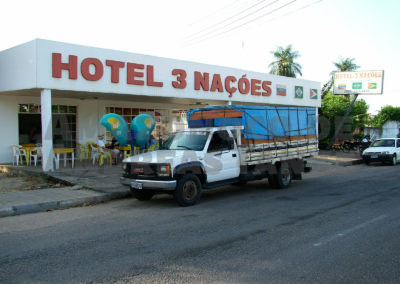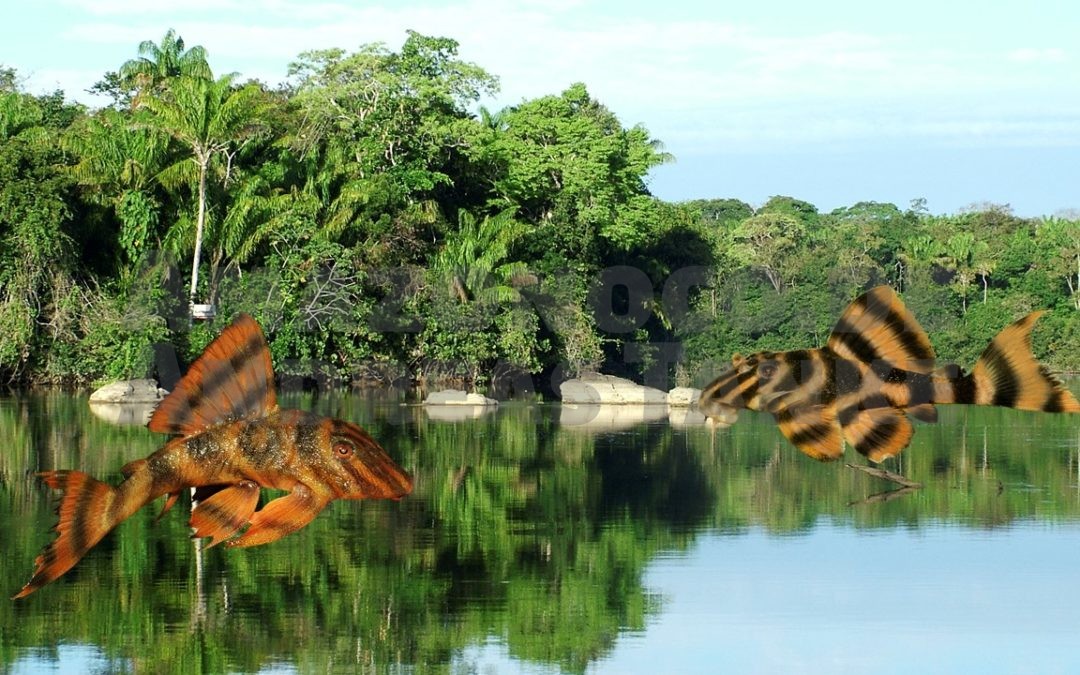
by Andreas Tanke | 18. 06. 2018
Introduction and breeding report of Panaqolus claustellifer (L 306)
In this talk I‘ll present a very nice and small pleco: Panaqolus claustellifer (L 306). That species comes from the most northern area of Brazil in Roraima state. I have found Panaqolus claustellifer (L 306) in their naturals habitats, but at home in my tanks.
In this talk I will give information about the origins of these pretty Panaqolus, by presenting photos and data of some biotope. But I will give also hints and information how I was able to spawn and breed them.
This talk can also be combined with other short talks to an evening event.
Panaqolus claustellifer L 306
Juvenile Panaqolus claustellifer L 306
Panaqolus claustellifer (L 306)
Panaqolus claustellifer (L 306)
Larvae of Panaqolus claustellifer L 306
Juvenile Panaqolus claustellifer L 306
Juvenile Panaqolus claustellifer L 306
Juvenile Panaqolus claustellifer L 306
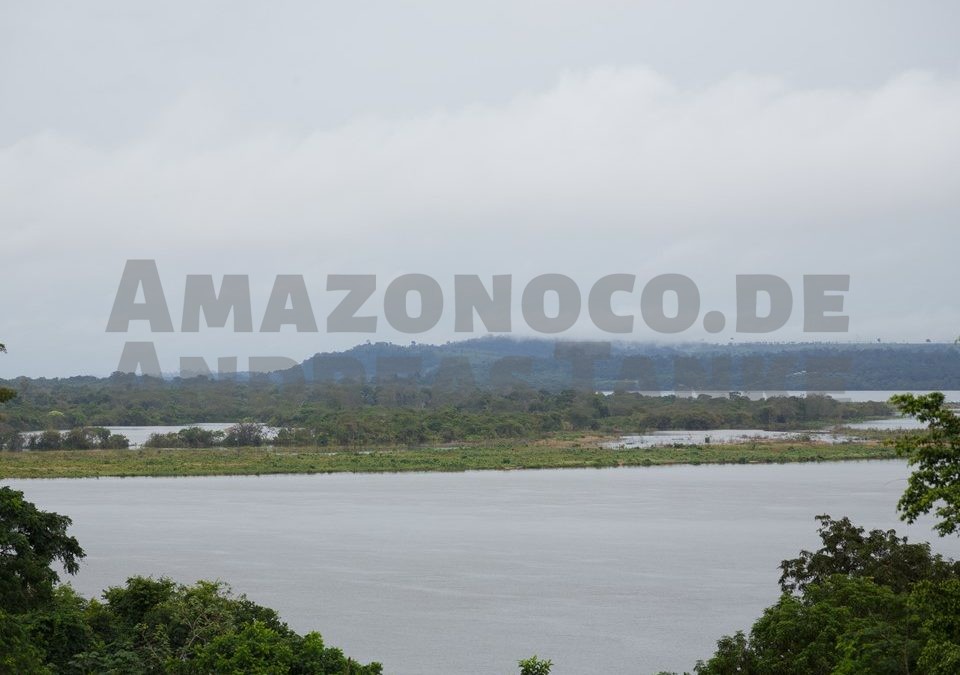
by Andreas Tanke | 16. 05. 2018
The Rio Xingu is one of the most important tributaries of the amazon in Brazil. I‘ll present the situation in the low water season and compare it with the high water season, when most rapids are flooded. Especially I give information about the actual situation at the Belo Monte dam and what that means for the future! Furthermore I‘ll present the breeding facility from UFPA that is managed by Leandro Sousa.
055A0822
Pimental Staudamm
Belo Monte Staudamm
Belo Monte Staudamm
Belo Monte Staudamm
Belo Monte Staudamm
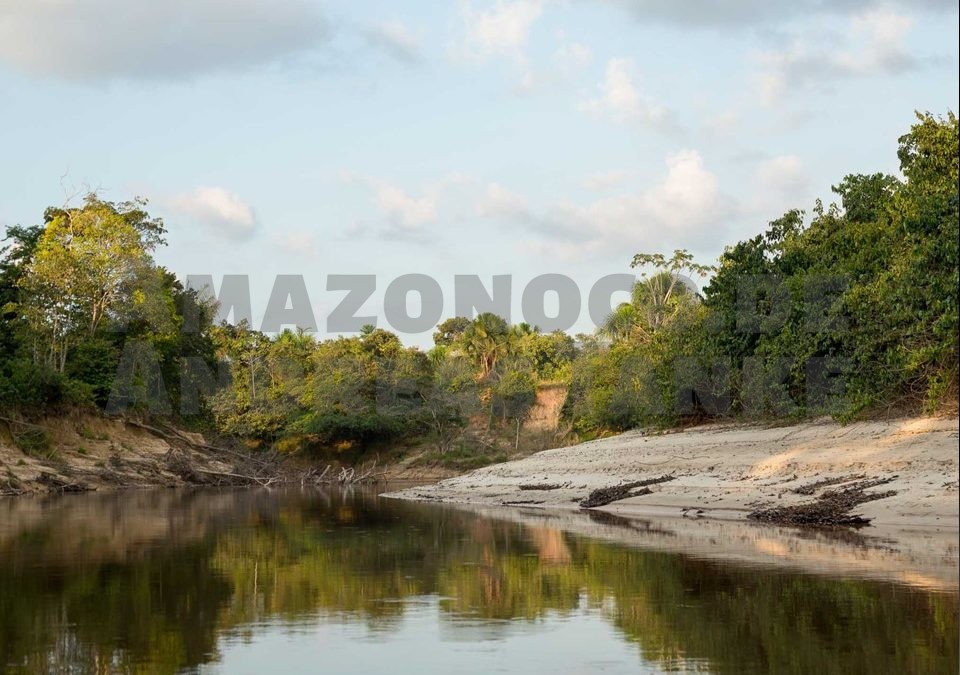
by Andreas Tanke | 6. 05. 2018
Perú – Expeditions in the amazonian lowlands
In 2012 I‘ve completed a group of three aquarists to go to the amazonian lowlands in Perú. We have visited the best known rivers like the Itaya, Momon, and Nanay rivers. Furthermore we‘ve made an expedition to the Tapiche river.
On these trips we‘ve caught many different catfishes like plecos (esp. Panaqolus),
whiptails and Corys, but also dwarf cichlids like Apistogramma, and tetras and larger cichlids, too. Additionally we have visited some exporters of ornamental fish that I will show, too.
Beim Beladen des Bootes
Beim Beladen des Bootes
Amazonischer Dschungel
Amazonischer Dschungel
Salmler aus dem Río Nanay
Salmler aus dem Río Nanay
Pseudacanthicus sp. (L 452)
Pseudacanthicus sp. (L 452)
Stingray Aquarium
Stingray Aquarium
Panaqolus sp. (L 467)
Panaqolus sp. (L 467)
Camp am Río Tapiche
Camp am Río Tapiche
Aquarium Río Momon
Aquarium Río Momon
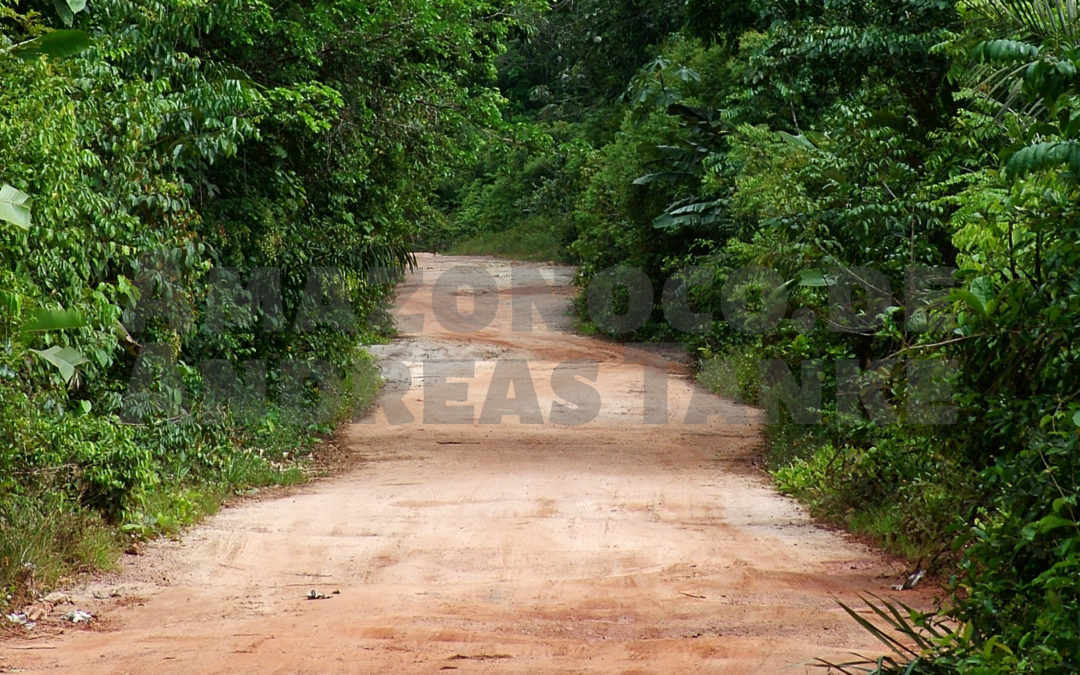
by Andreas Tanke | 3. 04. 2018
Suriname – On the trail of the ornamental fish
In 2008 I‘ve visited Suriname, the center state of the three Guyanas, together with a group of aquarists. On our trip we were on the trail for some well known but rarely imported species.
Next to some Corys, i.e. C. aeneus, C. brevirostris and C. coppenamensis we‘ve also found some plecos like Hypostomus plecostomus and whiptails like Rineloricaria platyura. Furthermore we‘ve also found many Cichlids like Geophagus surinamensis, G. brokopondo, and Apistogramma steindachneri. Of course many tetras we have caught, too. Our destinations were next to the Brokopondo barrier lake (Suriname river) also the tributaries of the Saramacca, Gosewijne, and Coppename river. In this talk I‘ll show not only fish pics, but also streetscapes and, of course, many biotope pictures and data.
Fischfang in Suriname / Catching fish in Suriname
Fischfang in Suriname / Catching fish in Suriname
Staudamm am Suriname river / Dam at Suriname river
Schwarzwassercreek, Suriname / Black water creek, Suriname
Brücke über den Coppename / Bridge over the Coppename river
Raleigh fallen, Coppename River, Suriname
Coppename River, Suriname
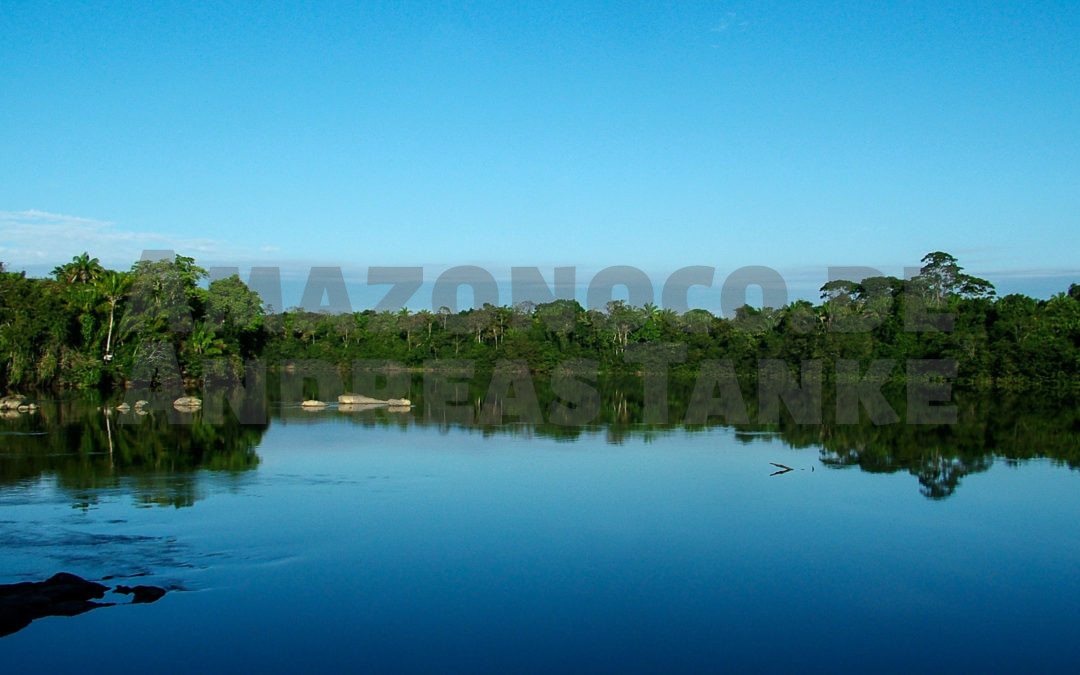
by Andreas Tanke | 3. 04. 2018
In the North of Brazil – Search for new plecos
With a group of aquarists, I‘ve visited Roraima – the northern most state of Brazil – to search for unknown plecos. Together with local fishermen we were able to discover several new L-numbers and also some Corys. With the Jatapu, Anauá and Jauaperi we have examined three autonomous river systems. In this talk I‘ll show not only pictures of the fishes we caught, but also some views of the towns and, of course, many biotope pictures and data will be shown. We have caught not only catfishes, but also some known and unknown tetras and cichlids.
Panaqolus claustellifer (L 306)
Panaqolus claustellifer (L 306)
Panaqolus claustellifer (L 306)
Panaqolus claustellifer (L 306)
Rio Amajari in Roraima, Brasilien / Rio Amajari in Roraima, Brazil
Savanne in Roraima, Brasilien / Savanna in Roraima, Brazil
Roraima, Brasilien / Roraima, Brazil
Savanne in Roraima, Brasilien / Savanna in Roraima, Brazil
Rio Uraricoera in Roraima, Brasilien / Rio Uraricoera in Roraima, Brazil
Rio Uraricoera in Roraima, Brasilien / Rio Uraricoera in Roraima, Brazil
Rio Jatapu, Roraima, Brasilien / Rio Jatapu, Roraima, Brazil
Igarapé, Roraima, Brasilien / Igarapé, Roraima, Brazil
Igarapé in Roraima, Brasilien / Igarapé in Roraima, Brazil
Boa Vista in Roraima, Brasilien / Boa Vista in Roraima, Brazil
Pseudacanthicus leopardus
Pseudacanthicus leopardus
Stromversorgung in Vista Alegre, Roraima, Brasilien / Power supply in Vista Alegre, Roraima, Brazil
Unser Reisemobil vor unserem Hotel / Our truck in front of our hotel



